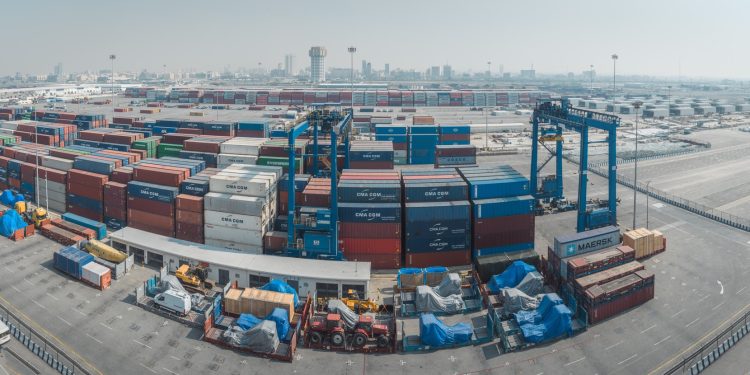The Middle East holds a mid-level position in business complexity according to the latest Global Business Complexity Index, which evaluates 79 major markets.
Within the region, Egypt, Saudi Arabia, the UAE, and Qatar are highlighted for their evolving business environments. Egypt has reduced its complexity, aided by new logistics solutions, improved trade corridors, and incentives that attract international companies. Saudi Arabia has also become less complex, thanks to economic diversification and major investments under Vision 2030, aiming to make the country a prominent logistics center.
The UAE remains a stable hub, supported by strict regulations that secure operations and encourage investor confidence. Its strong infrastructure and multiple trade entry points further enhance its appeal. Qatar, meanwhile, has seen a slight rise in complexity due to ongoing regional tensions and challenges in its labor market, such as staff turnover and wage increases.
An industry expert notes that while business complexity is less of an obstacle, uncertainty driven by global instability is a growing challenge. Efforts to reinforce and expand trade corridors are making Middle Eastern markets more resilient amid unpredictable global conditions.
Globally, Greece ranks as the most complex market, while the Cayman Islands is the least complex, with other major economies spread throughout the rankings.


